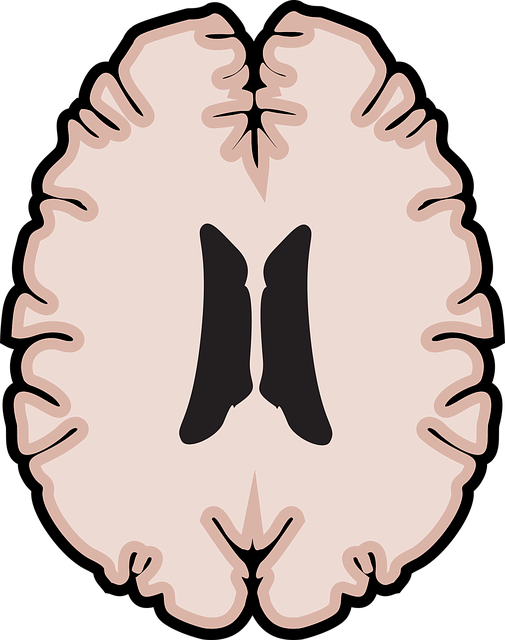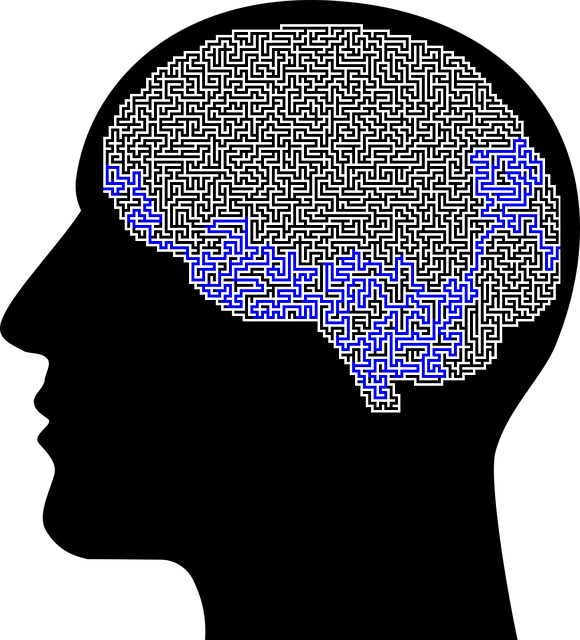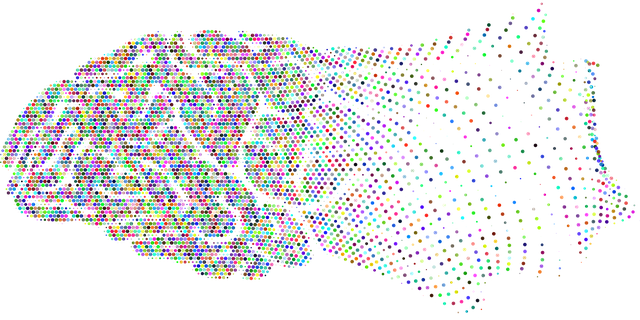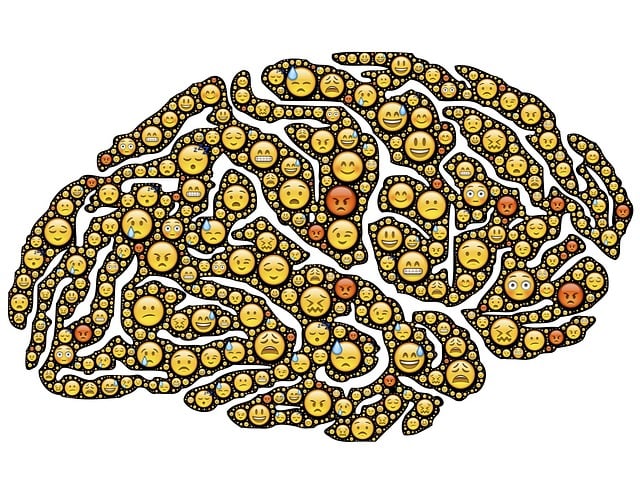The Lakewood Polyamorous and Open Relationships Therapy program addresses mental health stigma by educating communities on topics like conflict resolution, resilience-building, and healthy communication. Through workshops, podcasts, and public campaigns, this holistic approach promotes emotional well-being, empowers individuals to confront challenges openly, and fosters understanding of diverse intimate connections, ultimately reducing barriers to seeking mental health support.
Mental health education programs play a pivotal role in fostering well-being and breaking down stigma. This article explores effective program design, focusing on strategies to combat mental health stigma through educational initiatives. We delve into the key components of successful programs, emphasizing the unique approach of the Lakewood Polyamorous and Open Relationships Therapy Model. By examining this innovative therapy model, we uncover how comprehensive education can revolutionize mental healthcare access and reduce barriers to support.
- Understanding Mental Health Stigma and Education
- Key Components of an Effective Program
- Implementing the Lakewood Polyamorous and Open Relationships Therapy Model
Understanding Mental Health Stigma and Education

Mental health stigma is a significant barrier to individuals seeking support and treatment. Educating communities about mental health can help dispel myths and reduce this stigma. By implementing programs that raise awareness, we can foster an environment where people feel comfortable discussing their struggles openly. This approach, often seen in initiatives like the Lakewood Polyamorous and Open Relationships Therapy, encourages honest conversations about mental wellness.
Incorporating conflict resolution techniques, resilience-building activities, and even a Mental Wellness Podcast Series Production, can empower individuals to navigate challenges more effectively. These educational programs provide valuable tools for self-care and emotional well-being, ultimately supporting the holistic health of community members.
Key Components of an Effective Program

An effective mental health education program should be comprehensive and multifaceted, incorporating various key components to achieve its goals. Firstly, it must focus on mental wellness as a holistic concept, addressing not just absence of illness but also promoting positive emotional, psychological, and social well-being. This involves teaching individuals about stress management techniques, resilience building, and fostering healthy coping mechanisms.
In the context of Lakewood Polyamorous and Open Relationships Therapy, for instance, such programs could include workshops on open communication, boundaries setting, and navigating complex interpersonal dynamics with sensitivity and awareness. Additionally, incorporating burnout prevention strategies is vital, especially in today’s fast-paced world where stress and overwork are prevalent. Public awareness campaigns development should also be considered to educate communities about the signs of mental health issues and encourage early intervention and support.
Implementing the Lakewood Polyamorous and Open Relationships Therapy Model

Implementing the Lakewood Polyamorous and Open Relationships Therapy Model offers a unique perspective on fostering mental wellness within the context of diverse intimate connections. This therapeutic approach emphasizes open communication, trust-building, and understanding as key components for individuals navigating polyamorous or open relationships. By integrating these concepts into Mental Health Education Programs Design, participants can gain valuable insights into navigating the complexities of modern love and intimacy.
The Lakewood Model encourages clients to explore their emotional boundaries, needs, and desires through targeted communication strategies. By creating a safe space for honest dialogue, individuals learn to express their feelings effectively while respecting the boundaries of their partners. This process not only enhances overall mental wellness but also strengthens interpersonal relationships, fostering a more supportive environment for all involved.
Mental health education programs play a pivotal role in reducing stigma and fostering understanding. By incorporating key components such as comprehensive curriculum, peer support, and evidence-based practices, these initiatives can significantly impact individual well-being. The Lakewood Polyamorous and Open Relationships Therapy Model serves as an innovative example, demonstrating that unique therapeutic approaches can address diverse mental health concerns effectively. As we navigate the complexities of modern relationships, integrating education and therapy models like this becomes essential in creating a more inclusive and supportive society.














